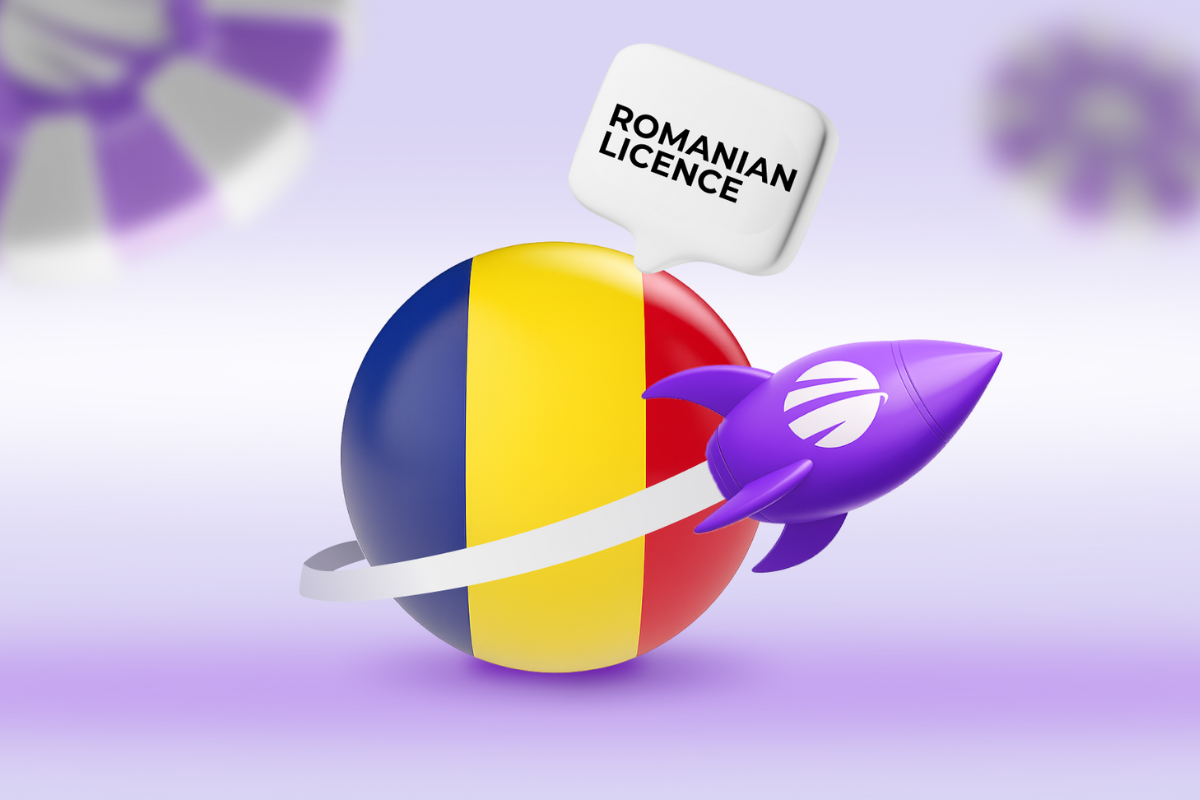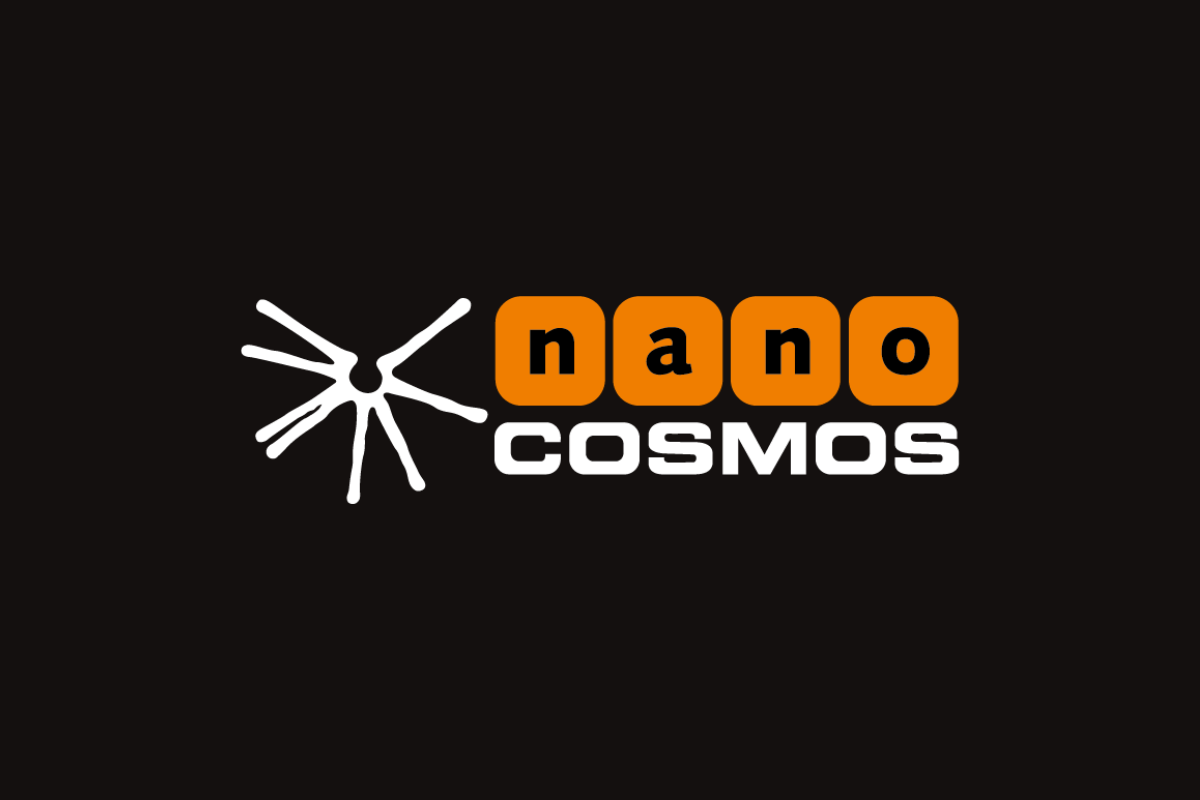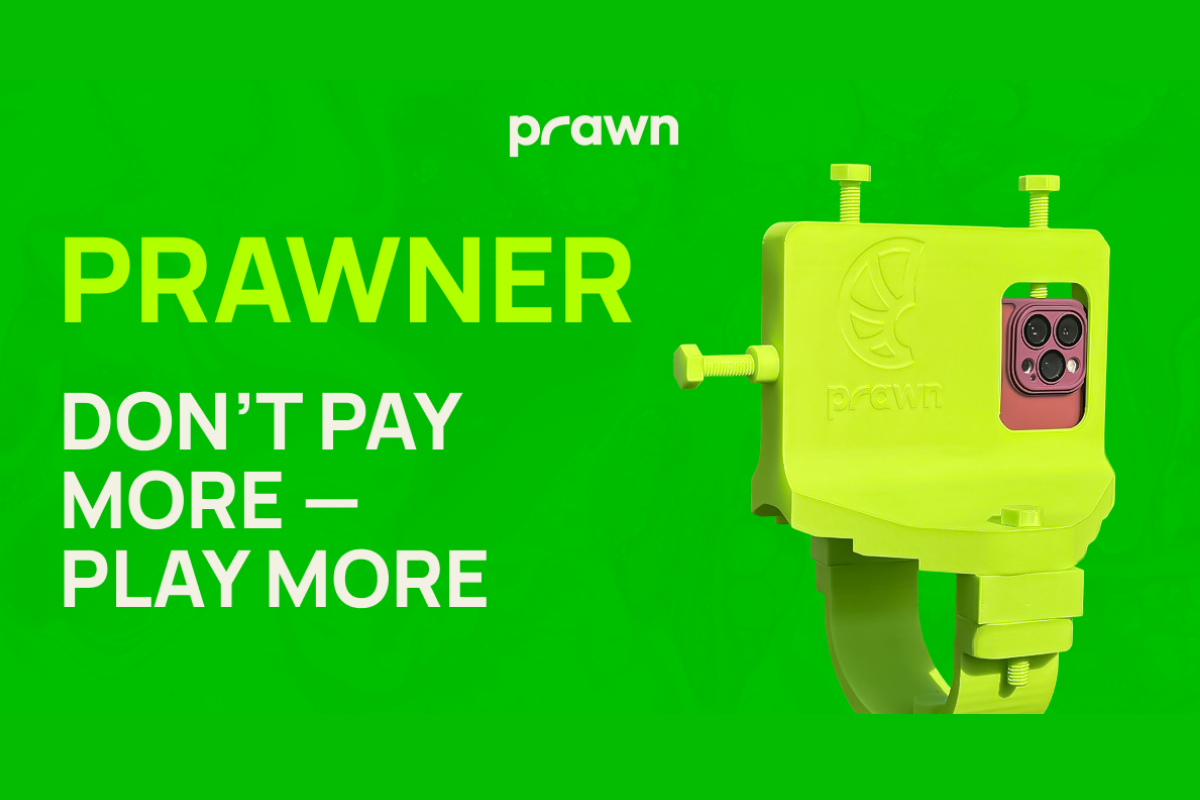Industry News
UKGC Report Reopens Loot Box Debate: Will Video Game Developers Have to Follow UK Online Casino Standards?

The continued crossovers between video games and the casino industry have had some unintended consequences according to the UK Gambling Commission (UKGC). Outlined in a recent report on children and gambling trends, the UKGC found that loot boxes could be harmful to minors. Although the latest study showed a decrease in gambling participation among 11-to-16-year-olds, the data suggests that the risks to children have increased. As per the findings, 31% of those surveyed have opened a loot box, while 3% say they’ve placed an in-game bet.
Are In-Game Add-Ons a Gamble?
For the government, the issue of loot boxes has been a talking point since 2017. Identifying an emerging trend among video game developers, Connor Rhys Deeley submitted an online petition to have loot boxes discussed in parliament. In writing his petition, Deeley argued that the in-game add-ons often contain prizes that are worth less than the purchase price. Citing a 2017 law passed in China, Deeley said that the boxes are, in essence, a form of gambling and should, therefore, be regulated by the UKGC.
Addressing the situation, then Secretary of State for Digital, Culture, Media and Sport Tracey Crouch pointed to the UKGC previous statement on loot boxes.
“Where items obtained in a computer game can be traded or exchanged outside the game platform, they acquire a monetary value, and where facilities for gambling with such items are offered to consumers located in Britain a Gambling Commission licence is required,” concluded the government and the UKGC.
UKGC Guidelines Don’t Apply
By stating loot box prizes don’t have any real world value, the conclusion was that they fall outside of the UKGC’s regulatory remit. As it stands, any operator wanting to offer betting services in the UK must abide by a strictest of guidelines. For example, 2005 regulations state that gaming companies don’t have to meet a statutory minimum payout percentage. However, they must clearly display the amount a player can, in theory, expect to win (known as the return to player/RTP). In essence, this rule is designed to give players the power to decide how much risk they want to expose themselves to.
In fact, this drive to give consumers more information has been a cornerstone of the UKGC’s policies over the last few years. Today UK casino and betting operators must provide clear and concise insights into every aspect of their product. From their payout structures and software suppliers to the terms and conditions attached to bonuses, everything has to be transparent and fair. Without meeting the expected standards, an operator risks receiving a fine or having their licence revoked. However, when it comes to video game companies, the same standards aren’t in place. For those entering the casino world, a UKGC licence is mark of quality, but no such label applies in the gaming sector.
Regulators Must Set the Standard
This disparity is something that campaigners have been pushing to address over the last 12 months. With loot boxes sharing similarities with casino games such as scratchcards or monetised versions of Deal or No Deal, many argue that UKGC standards should apply. In their defence, video game developers have said that loot boxes aren’t an integral part of a player’s experience.
“A player’s ability to succeed in the game is not dependent on purchasing crates. Players can also earn crates through playing the game and not spending any money at all,” a spokesperson for EA told Eurogamer.net.
However, the figures would seem to suggest otherwise. In addition to the UKGC’s report showing that 31% of child gamers have used loot boxes, estimates project that loot box revenue will hit £32 billion by 2022. Reviewing the current trend, analysts at Juniper Research found that more people are now taking part in so-called skin betting than ever before.
“These items have value depending on rarity and popularity within game communities. On PCs, skins are traded for real money via Steam’s Marketplace; the platform has 125 million registered users globally,” Lauren Foye of Juniper Research said in April 2018.
Licensed Loot Boxes May Happen in 2019
In light of the latest findings, the government is likely to face more tough questions regarding the regulation of loot boxes. In Belgium, ministers have already agreed that the boxes are a form of gambling. British politicians may soon take the same position. Indeed, with the protection of minors something the UKGC has been working hard on in recent times, the recent report will give those in power cause for concern. If that proves to be the case, we may see video game companies become subject to the same controls as UK online casino operators.
-

 Africa6 days ago
Africa6 days agoGhana’s NLA Introduces New Sticker to Clamp Down on Illegal Lotto Operators
-
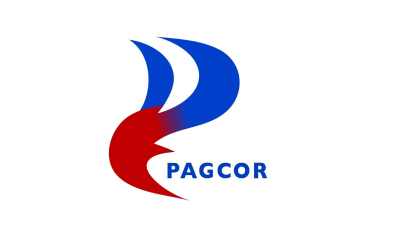
 Asia6 days ago
Asia6 days agoPAGCOR: Online Gaming fuels nation-building, but illegal sites pose risks
-

 Africa7 days ago
Africa7 days agoRise & Hustle partners with Altenar to power its new sportsbook offering
-

 Central Europe7 days ago
Central Europe7 days agoCT Interactive Announces Strategic Partnership with Ecasino
-
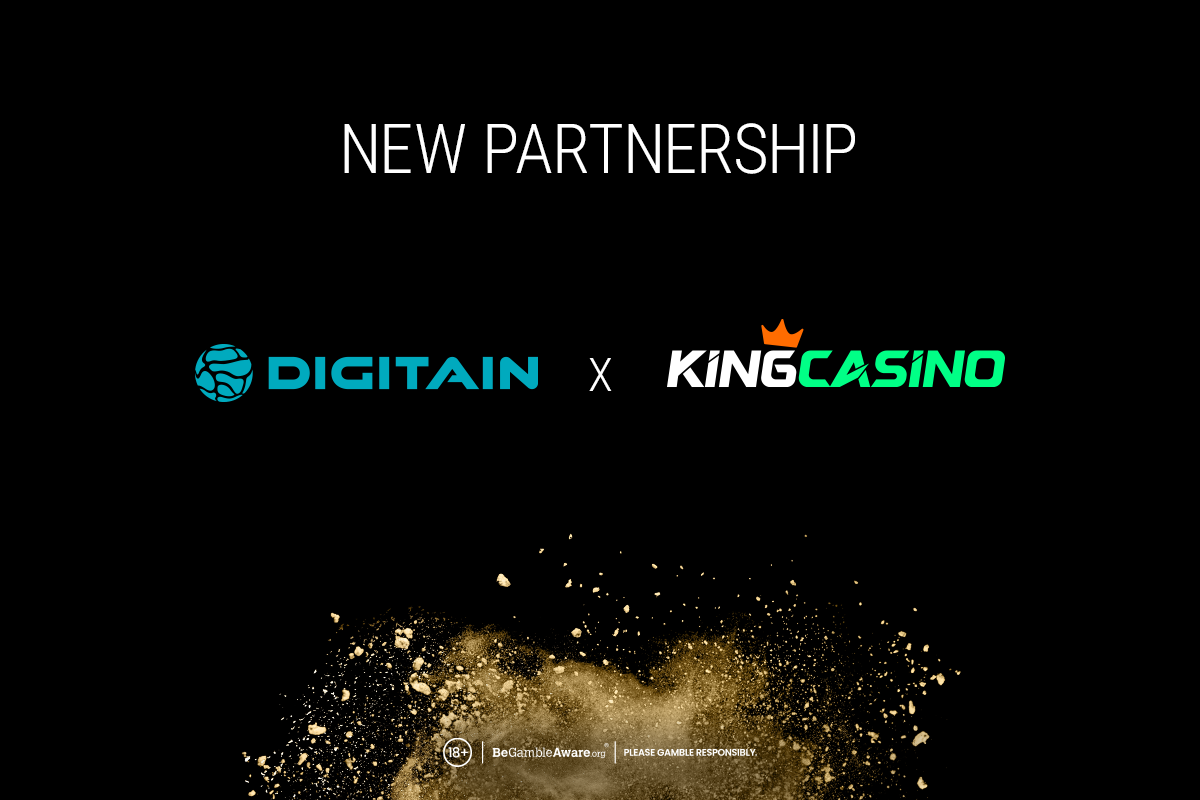
 Eastern Europe6 days ago
Eastern Europe6 days agoDigitain Strengthens Romanian Market Presence Through KingCasino Partnership
-

 Latest News6 days ago
Latest News6 days agoCasino Playa de las Américas Implements JCM’s ICB Technology
-

 Compliance Updates6 days ago
Compliance Updates6 days agoElizabeth Varley, solicitor at licensing law firm Poppleston Allen, shares a handy refresher on the UK’s statutory levy, including the who, how much, why and how to pay
-

 Conference6 days ago
Conference6 days agoBetConstruct to Participate in SBC Summit Lisbon 2025









